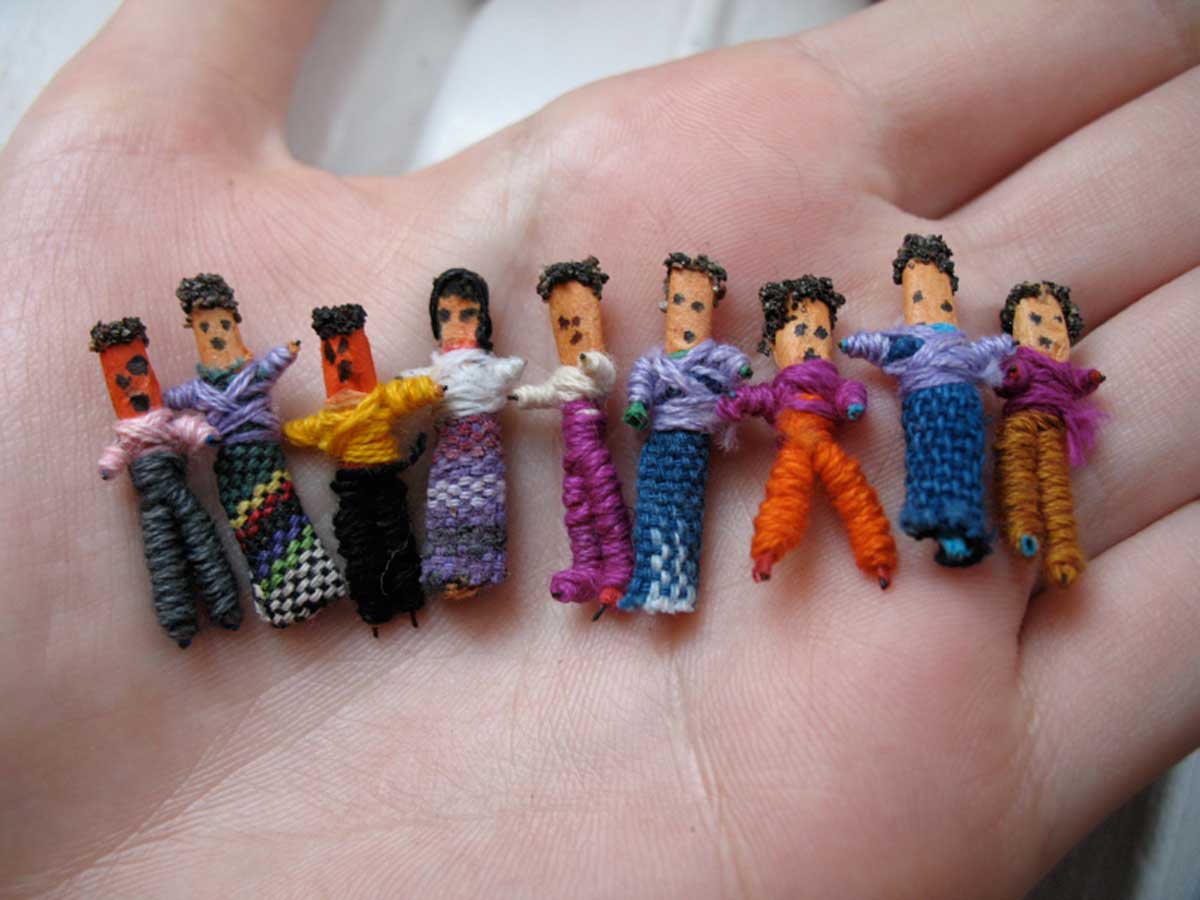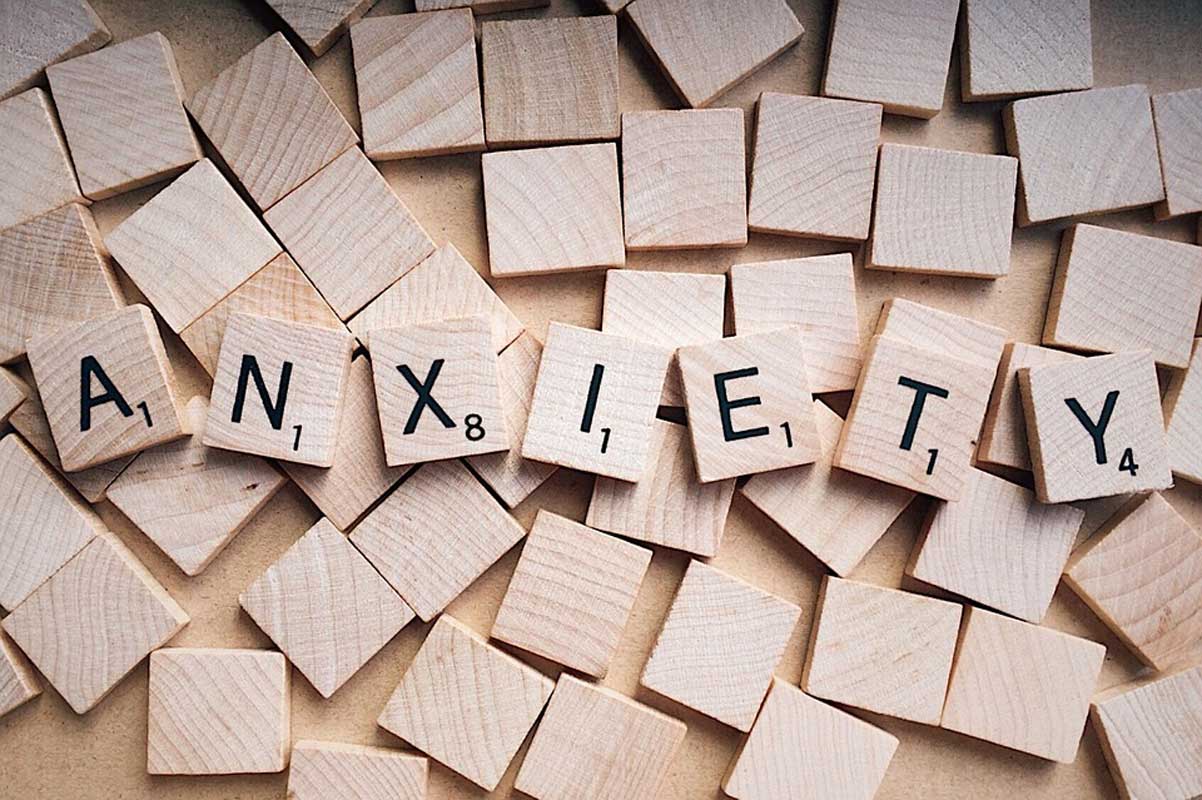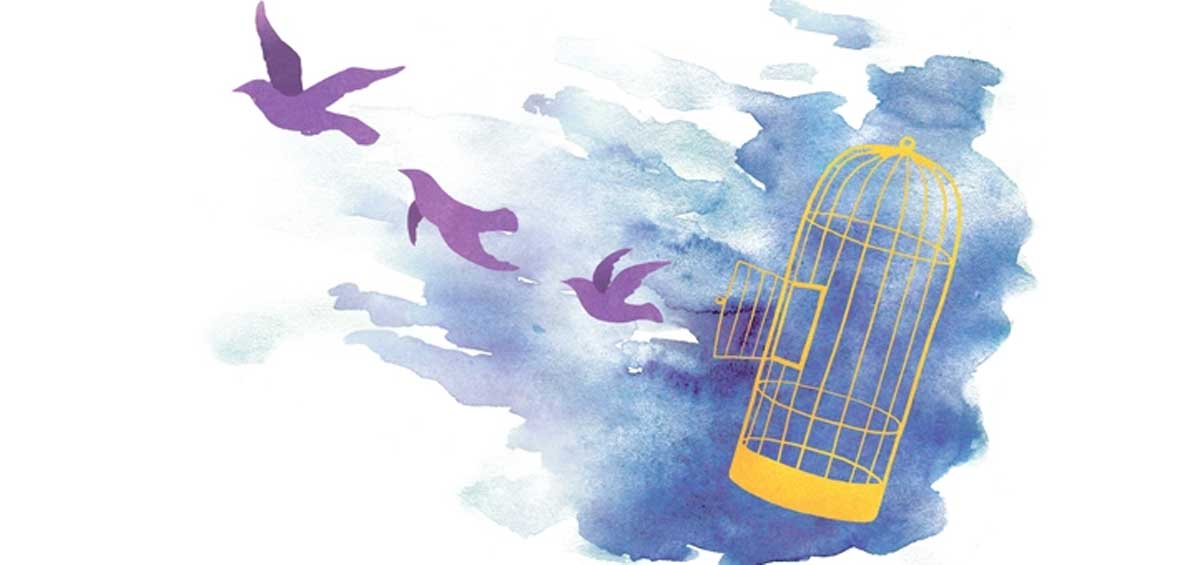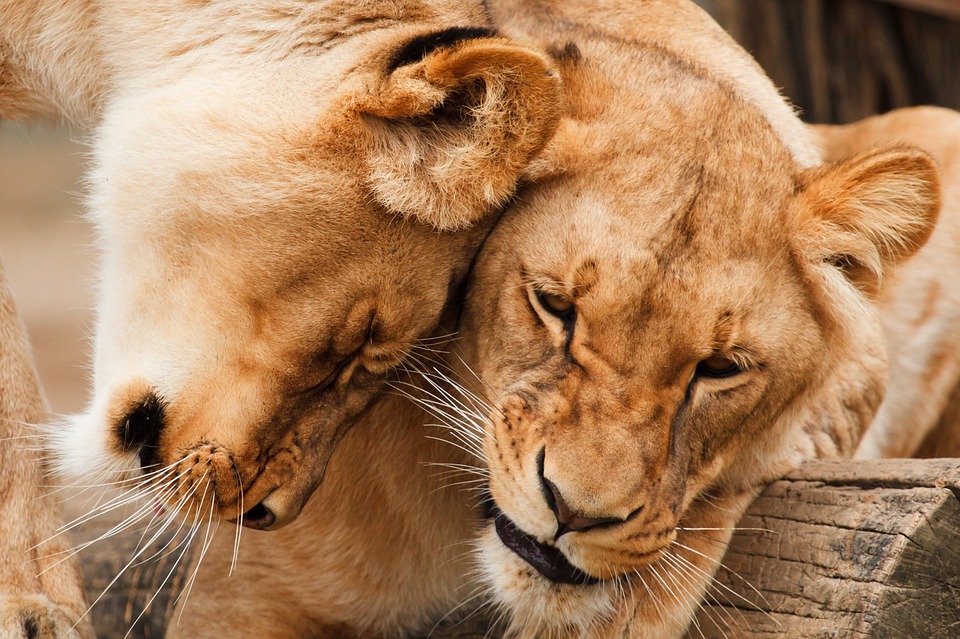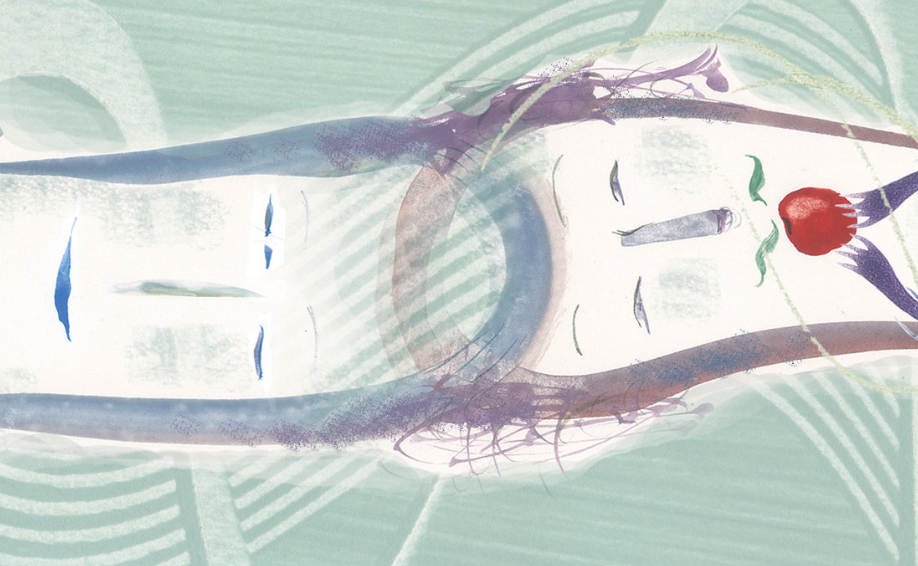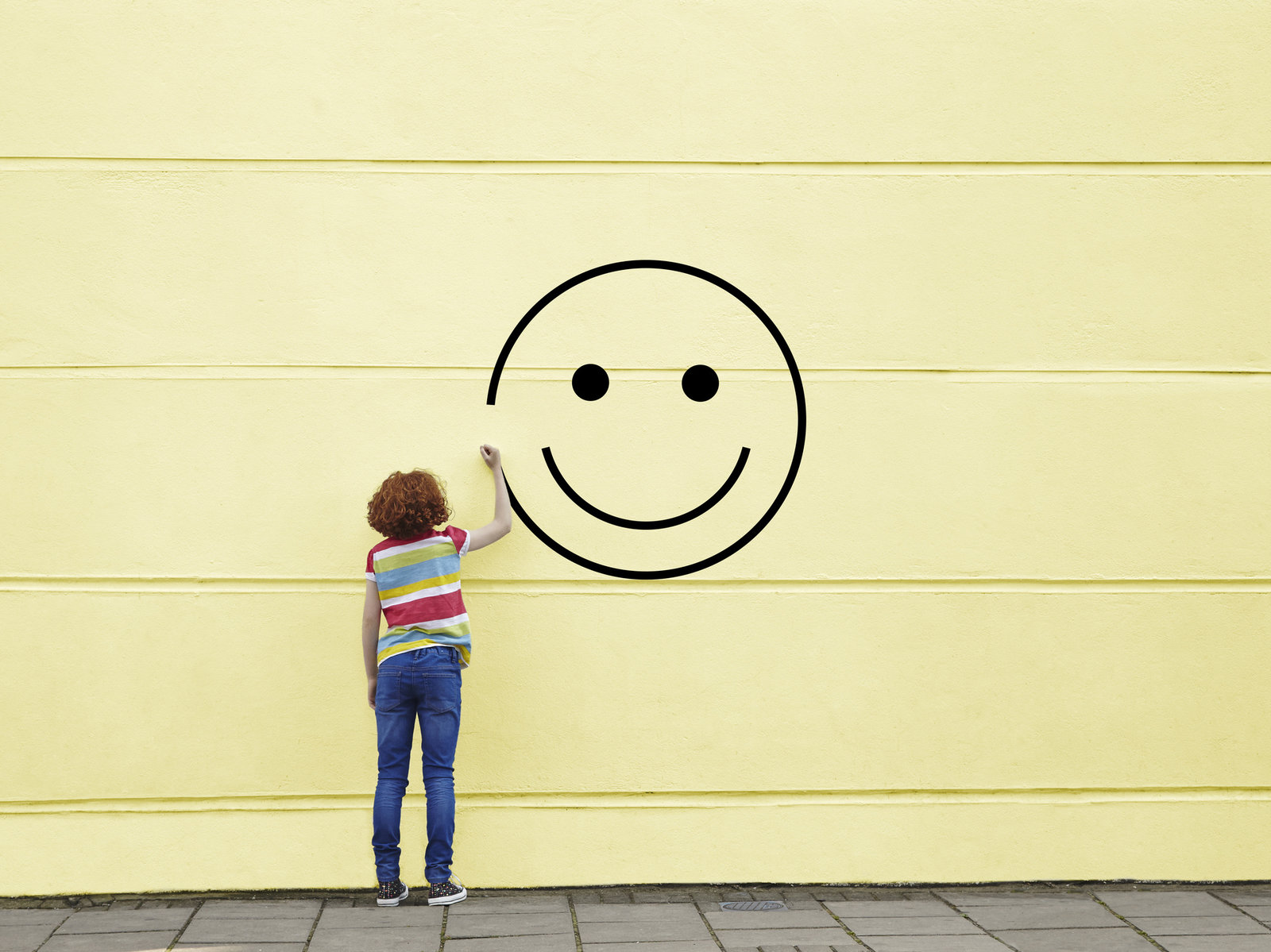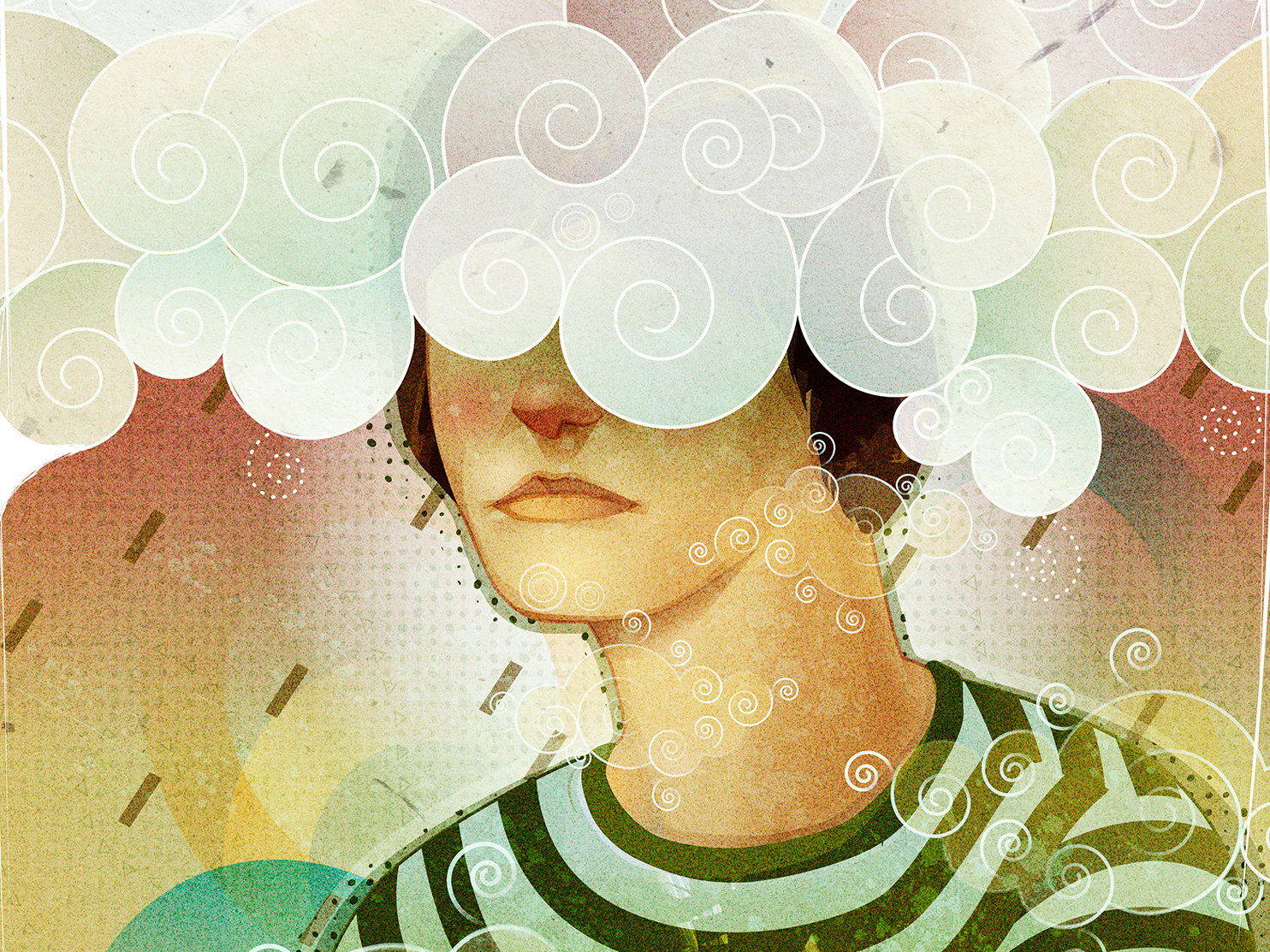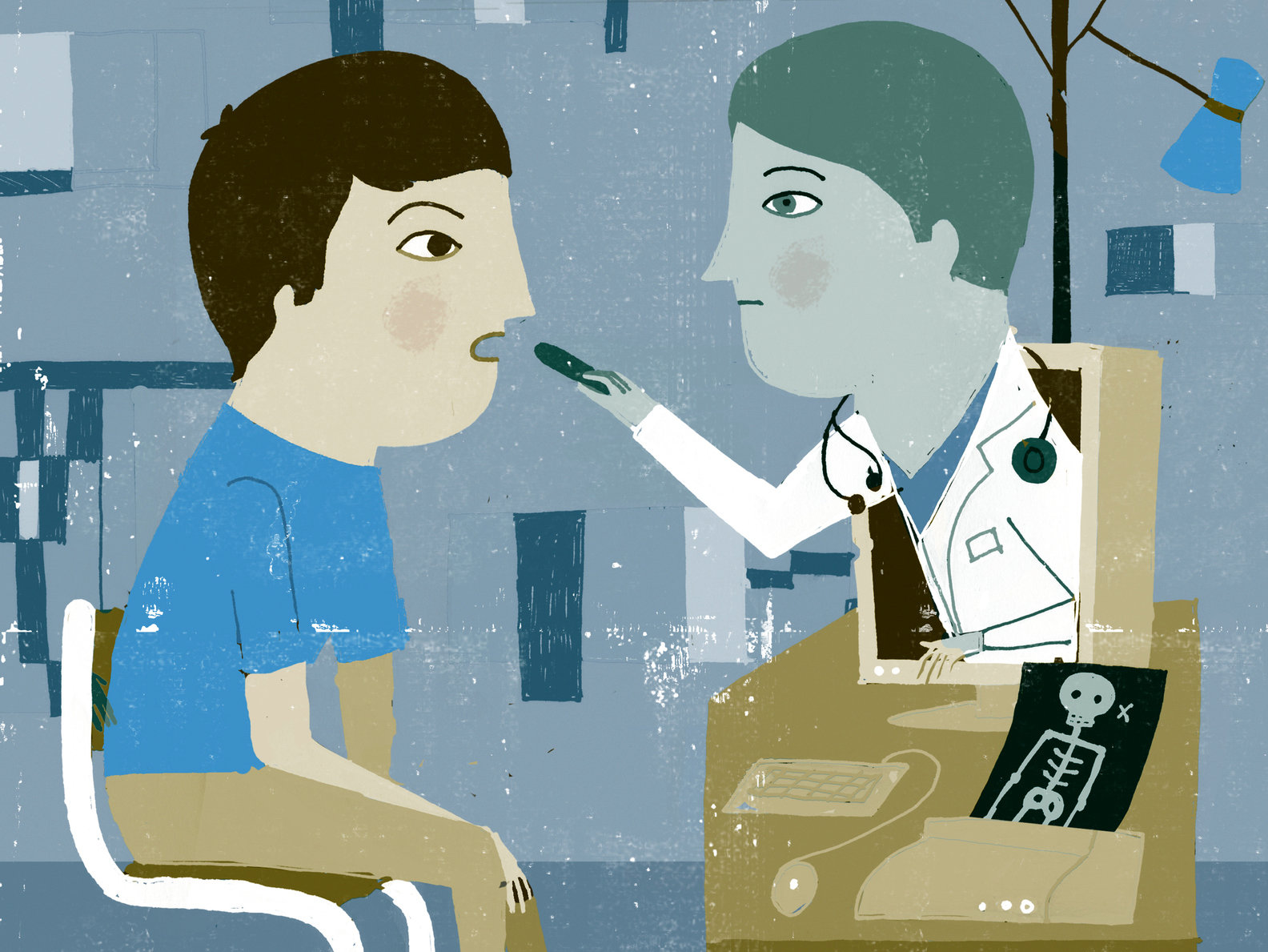
Bears do it; bats do it. So do guinea pigs, dogs and humans. They all yawn. It’s a common animal behavior, but one that is something of a mystery.
There’s still no consensus on the purpose of a yawn, says Robert Provine, professor of psychology and neuroscience at the University of Maryland, Baltimore County. Provine has studied what he calls “yawn science” since the early 1980s, and he’s published dozens of research articles on it. He says the simple yawn is not so simple.
“Yawning may have the dubious distinction of being the least understood common human behavior,” Provine says.
There are many causes for yawning. Boredom, sleepiness, hunger, anxiety and stress — all cause changes in brain chemistry, which can trigger a spontaneous yawn. But it’s not clear what the yawn accomplishes. One possibility is the yawn perks you up by increasing heart rate, blood pressure and respiratory function.
“[Yawning] stirs up our physiology and it plays an important role in shifting from one state to another,” Provine says.
When violinists get ready to go on stage to play a concerto, they often yawn, says Provine. So do Olympians right before a competition, or paratroopers getting ready to do their first jump. One study found that yawning has a similar impact on the brain as a dose of caffeine. To read more from MICHELLE TRUDEAU and JANE GREENHALGH, click here.

